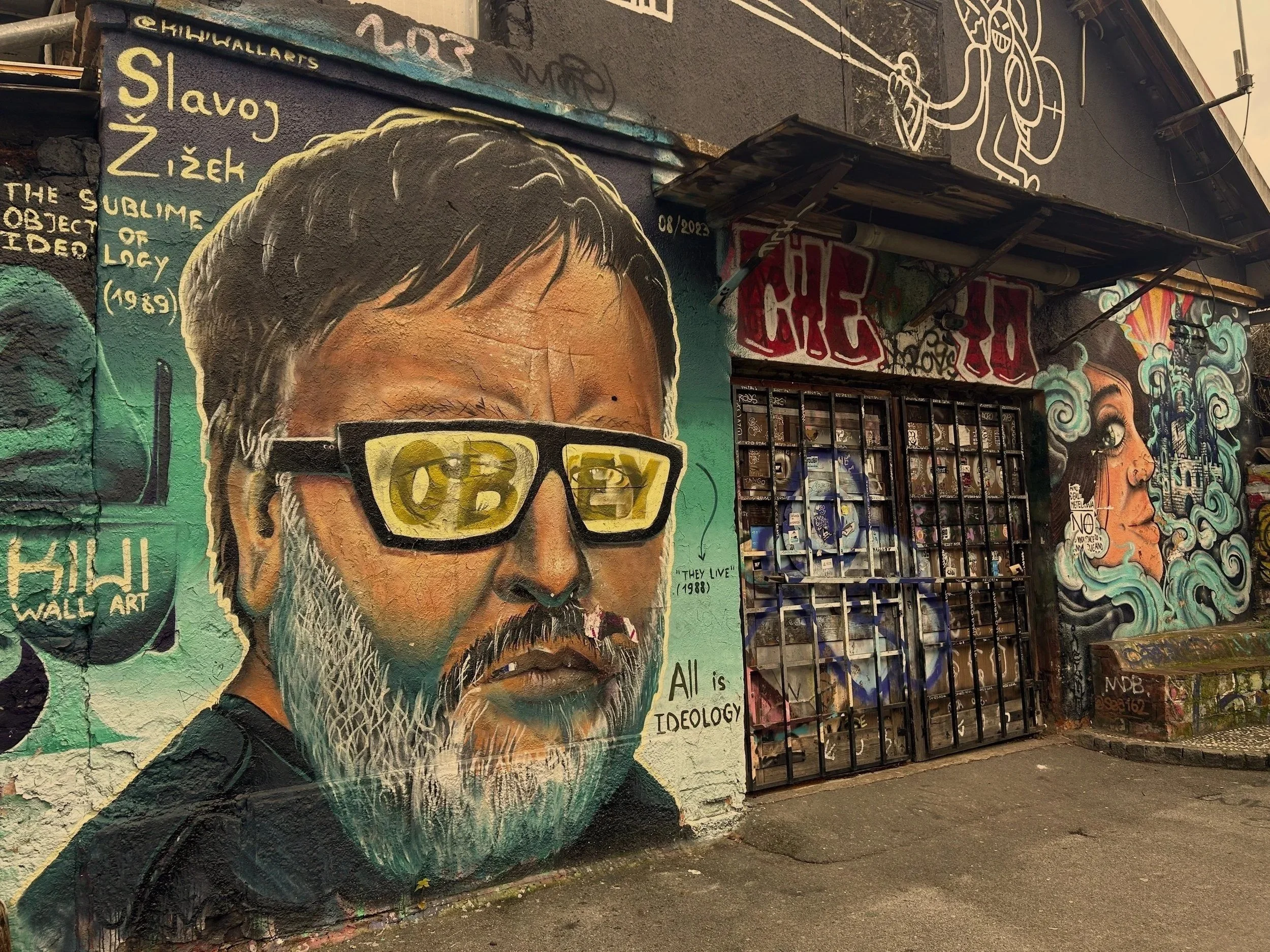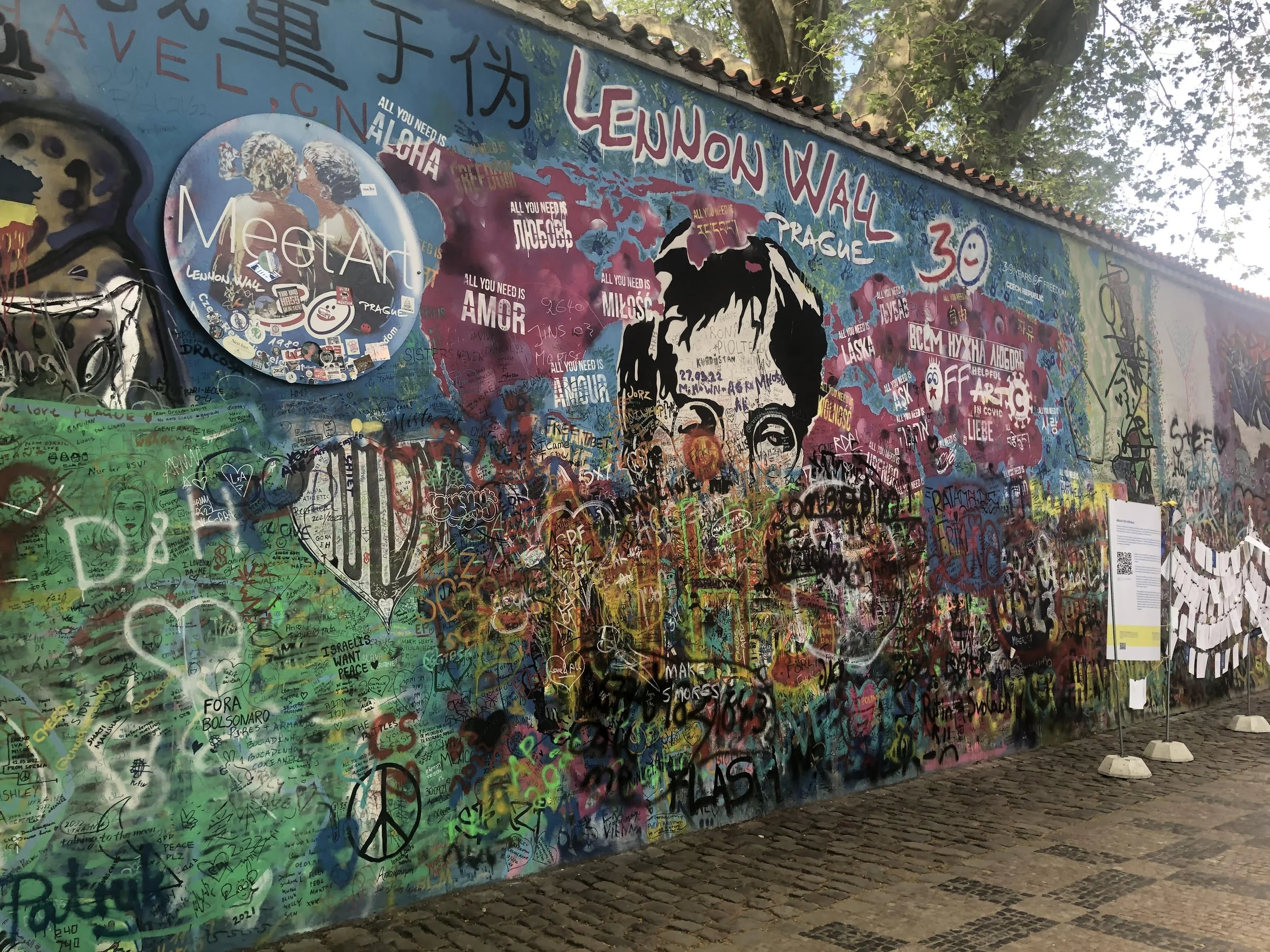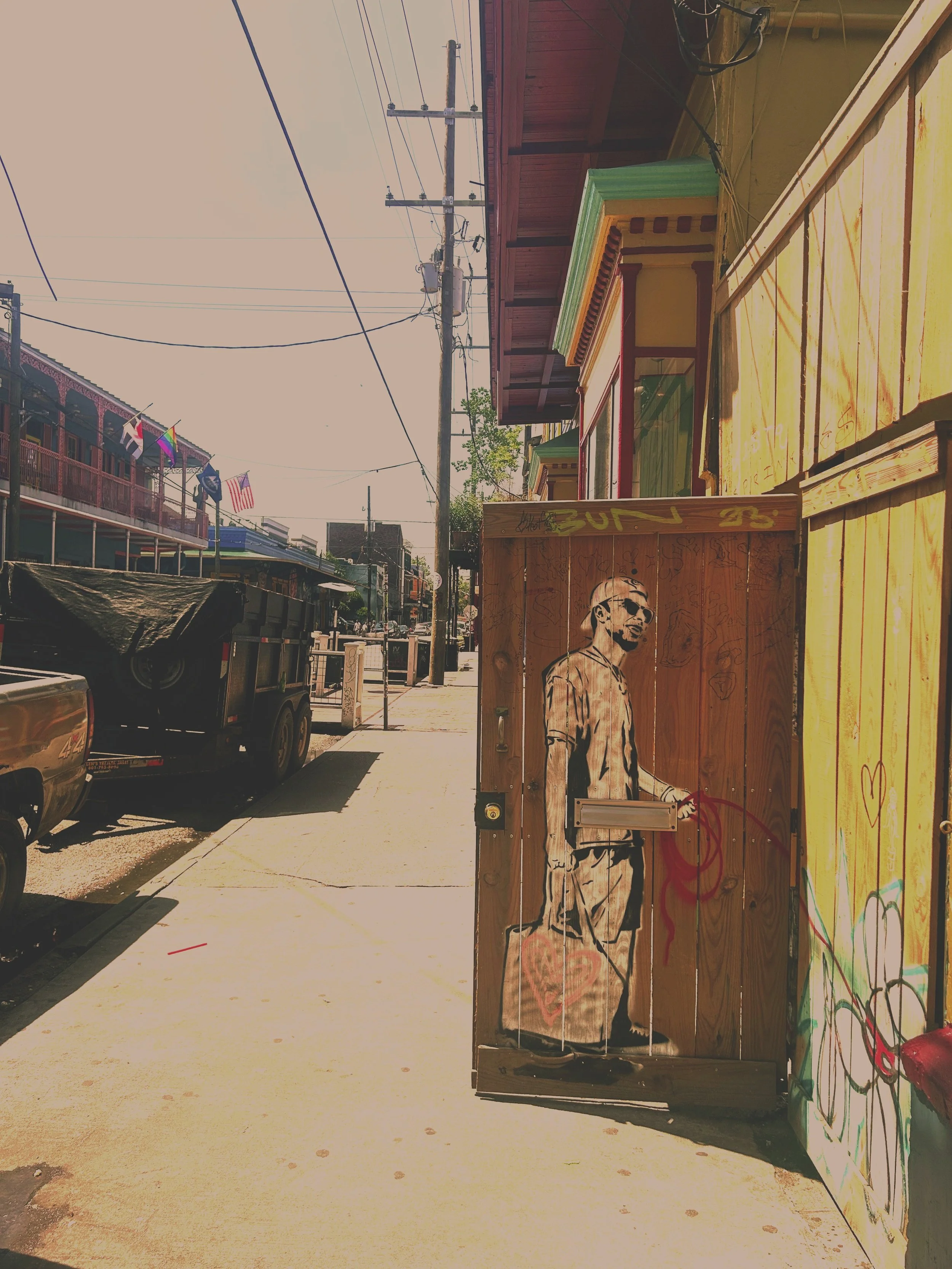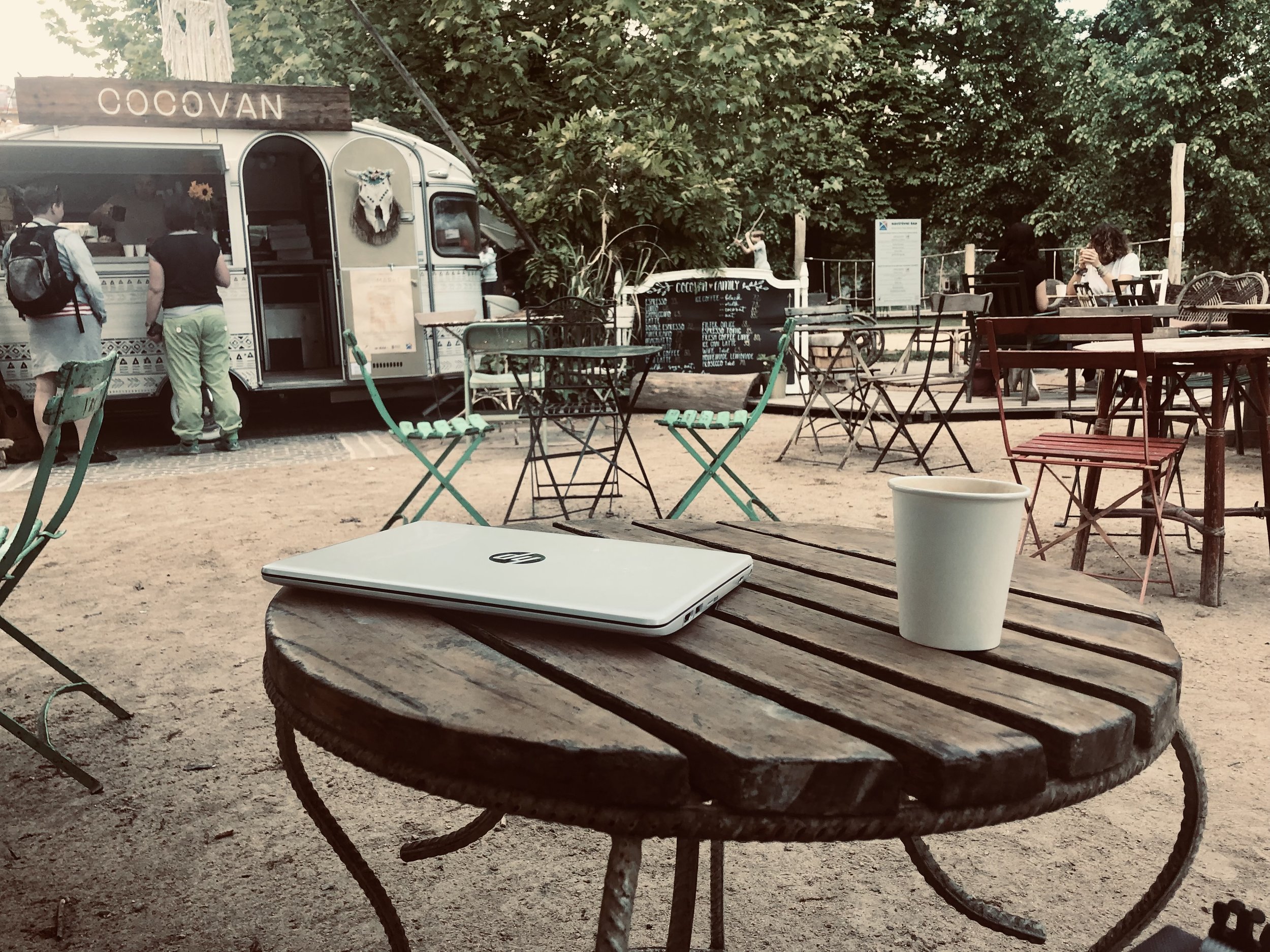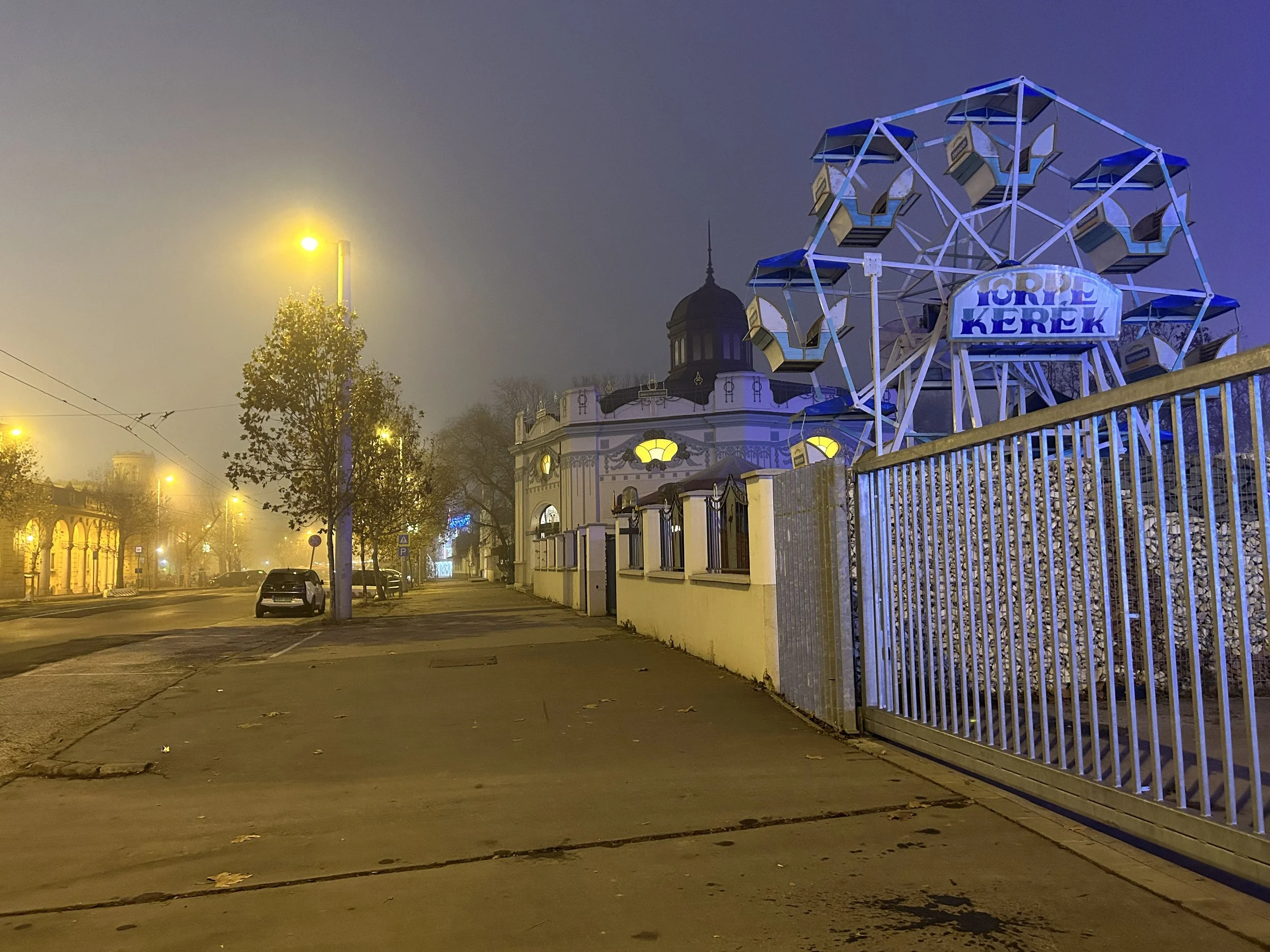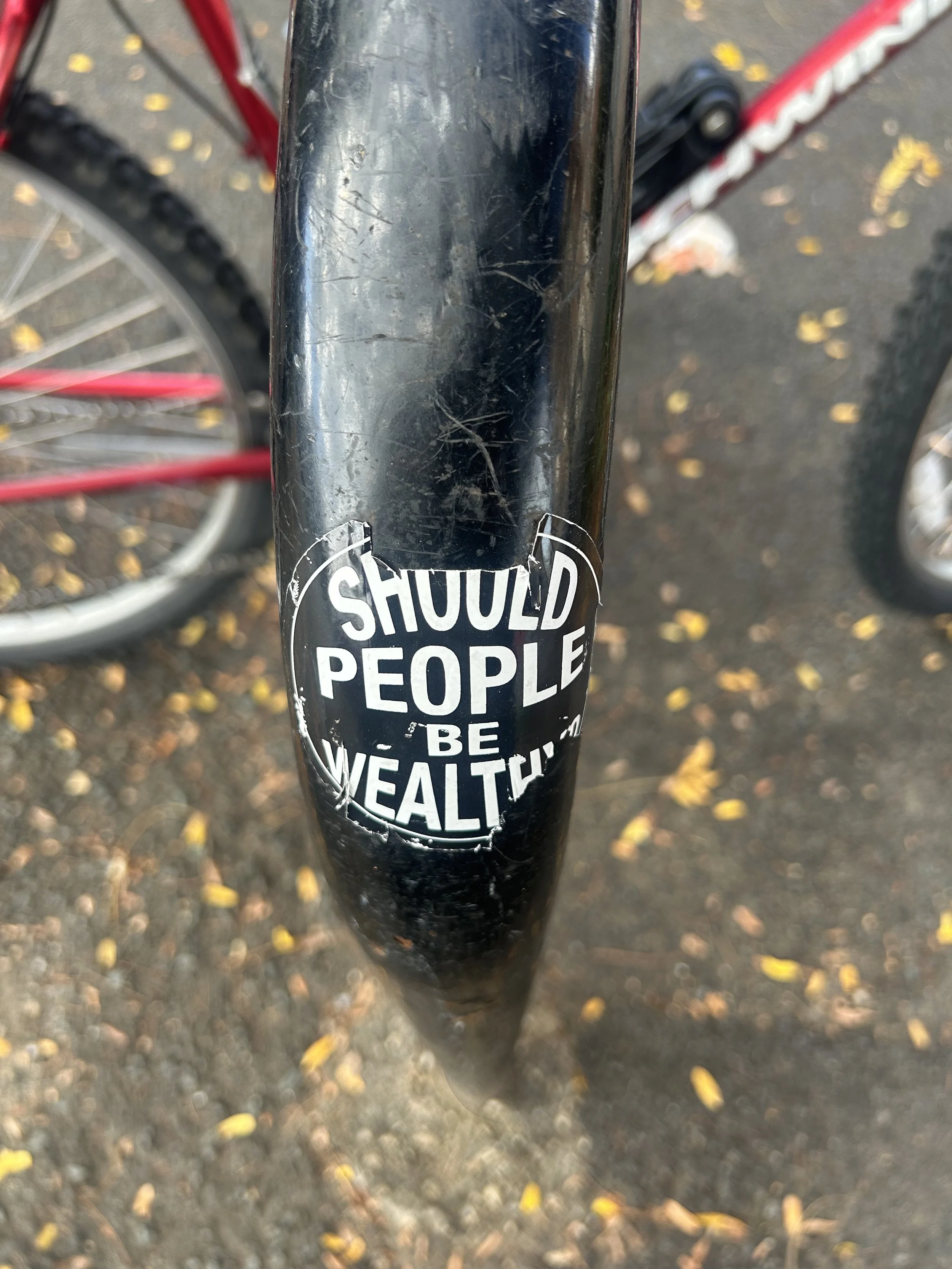Classes Designed
-
![]()
Did the Camera Ever Tell the Truth?
In this class, we will build upon this provocative question posed by documentary filmmakers Maximilien Van Aertryck and Axel Danielson to explore what it means to be a discerning content consumer in the age of digital media. As we become active readers, viewers, and listeners, we will analyze the ways in which content creators attempt to shape our perception, from the Kuleshov effect in a video to the pathos of the sound design in a podcast. We will also apply the tricks of the trade as we make our own digital projects. With the rise of AI-generated media, it’s more important now than ever to grapple with the ethics of digital content creation and consumption.
-
![]()
Creative Writing - Poetry
In this course, we will imagine ways to make language live, breathe, and dance as we analyze poetry and compose our own original works, experimenting not only with different genres and styles but also typography, color, sound, and sense. The medium will intersect with the message as we design chapbooks, create poetry out of found objects, and produce audio and video poems. For the final project, you will create a digital portfolio or a physical chapbook. Your final project will be due during the oral exam, which will give you the opportunity to reflect on your creative process, the meaning and purpose of poetry, and the role of the poet in society
-
![]()
American Experience: Voices of Dissent
In this course, we will analyze the theme of dissent as expressed through American cultural production from the nineteenth century to the present. We will approach this subject from an interdisciplinary perspective, intersecting culture and politics, examining patterns of individual and collective dissent that have emerged through poetry, fiction, journalism, art, film, and music. Over the course of the semester, we will examine both artists who have experienced government or corporate censure and texts that engage with themes of nonconformity and rebellion, whether against the state or the status quo. We will also explore subversive texts, allegories, and idiosyncratic expressions of dissent to show how artists responded to the constraints of their cultural context, not only politically but aesthetically. Rather than romanticizing the figure of the rebel, we will think critically about the possibilities and limitations of dissent as aesthetic and political practice.
-
![]()
Digital Maker Studio
In this hands-on maker workshop, students will explore the craft of digital making. Students will engage in independent and collaborative projects, creating audio narratives, videos, and digital stories. Experimentation, invention, and design will be emphasized as students learn how to use digital tools; compose with still and moving images, sound, and text; and consider the ethics and aesthetics of citation.
-
![]()
Writing and Documentary Film
This course provides an invitation to documentary film, and our discussions and assignments will emphasize invention, creativity, and project design as we dive into the pre-production process, from developing concepts to pitching big ideas. In the first half of the semester, we will analyze and assess documentary films as we learn and apply the language of the screen; in the second half, we will build formal film treatments that envision and pitch our original visions. Through analyzing films and creating our own original pitches, we will explore the tension between artistry and pragmatism, deepening our understanding of documentary film as a genre and confronting its affordances—both the possibilities and the constraints. Through this course, you will become the director of your own writing as you expand your understanding of how words, images, and sound express, persuade, preserve, and inspire.
-
![]()
Anatomy of a Con
In this class, we will dive into the themes of deception and corruption to discover what cons, scams, and frauds reveal about American society, our ethical structures, and how we relate to one another. As we scrutinize the power dynamics that undergird exploitation, we will examine a range of notorious scandals, from George C. Parker’s ruse to sell the Brooklyn Bridge to the rise and fall of the biomedical sham company Theranos. We will also consider the responsibility and risk of being the whistleblower, examining figures like Sherron Watkins, who exposed corruption at Enron.
As we trace not only the history of cons but also their representation (and their frequent romanticization) in art, film, and literature, we will grapple with the problem of greed and ask what it means to be an ethical agent in a capitalist culture.
